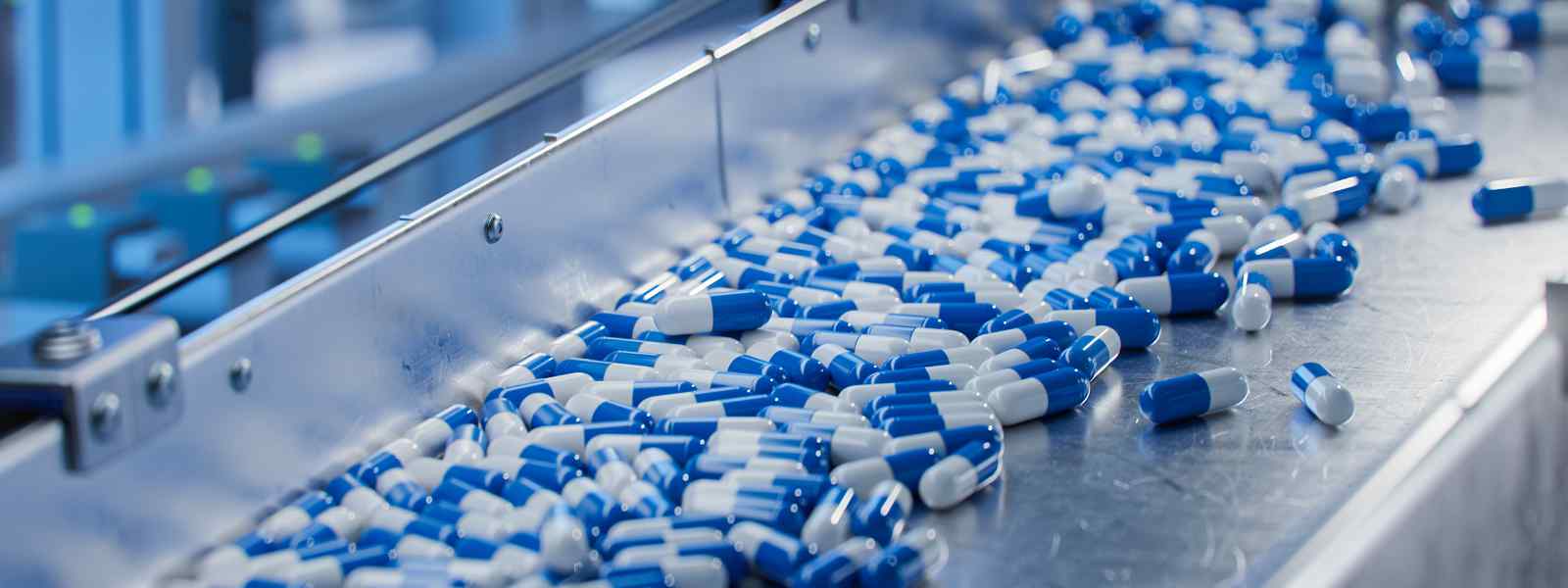
Researchers at the University of Strathclyde have been awarded £2.6 million to develop a preclinical lead drug candidate targeted at advanced prostate and colorectal cancers.
Both cancers are driven by inflammatory protein signalling – with high levels of the protein IKK alpha (IKKɑ) having been found in tumours removed from patients with poor survival outcomes.
Researchers believe IKKɑ is involved in the genesis of these tumours and in their resistance to existing treatments.
The funding from the Medical Research Council, part of UK Research and Innovation, will support researchers in developing a pharmacological compound to inhibit the activity of IKKɑ that could form the basis of a potential new drug to treat the diseases.
Remain stable
Previous research by the team within Strathclyde Institute of Pharmacy and Biomedical Sciences (SIPBS) has already identified compounds that can inhibit IKKɑ activity in cancer cell cultures (in vitro).
Now they will focus on developing these compounds further to ensure that they can survive in the body – and still work as intended against the target cancers.
The team will run a series of assays, testing compounds with different molecular structures in vitro against cancer cells together with hepatocytes – liver cells that play a key metabolic role – to see which ones remain stable and therefore able to survive being broken down and flushed out by the body.
If the compounds are found to remain stable with hepatocytes and still target the cancer cells, the compounds will be ready to test in vivo in mice.
Protection mechanism
Professor Simon MacKay, of SIPBS, who is leading the project alongside co-investigator Dr Andy Paul, said: “In some cancers, inflammation is an enabling process that creates an environment which a tumour needs to sustain its growth, so it is part of its protection mechanism.
“IKKɑ is a protein that plays a key role in inflammatory pathway signalling and is over expressed in patients with advanced prostate and colorectal cancers.
“We have spent a number of years finding compounds that inhibit IKKɑ activity while not inhibiting IKK beta – another closely related protein important to the immune system.
“Now we need to ensure that these compounds can both survive in the body (in vivo) and still effectively interact with the target tumour.
If we can show this both in vitro and in an animal model it gives us a preclinical drug lead candidate that can go on to further testing and, ultimately, clinical trials in humans – but we are still at least five years away from that stage.
“This project is the culmination of a long-term collaboration that has had previous funding from Cancer Research UK and Prostate Cancer UK to get us to the stage we are at today. At the end of the three years, if we successfully develop a preclinical lead candidate, the aim would be to partner with a pharmaceutical company to take it to the next phase, or to form a spin-out company to do it ourselves.”
Identifying biomarkers
The project also involves Professor Owen Sansom at the Cancer Research UK Scotland Institute, who specialises in the preclinical evaluation of compounds in colorectal cancer models; Professor David Waugh at the University of South Australia, who performs equivalent evaluations in models of advanced prostate cancer; and Professor Joanne Edwards at the University of Glasgow, who will be identifying biomarkers of these cancers to predict the patients most likely to respond to the new compounds the team are developing.
Advisors on the project include Professor Richard Wilson, a colorectal cancer consultant in Glasgow, and Professor Gavin Halbert, who is Director of the Cancer Research UK Formulation Unit based at Strathclyde.